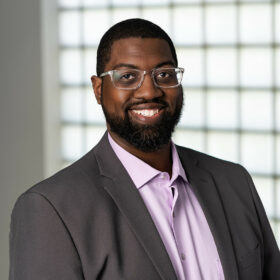Alright – so today we’ve got the honor of introducing you to Samuel Bellamy. We think you’ll enjoy our conversation, we’ve shared it below.
Samuel, thanks for joining us, excited to have you contributing your stories and insights. Do you think your parents have had a meaningful impact on you and your journey?
My parents didn’t have much, but they helped neighbors with groceries, lent tools, and cooked meals for others without expecting anything back.
That modeled for me that generosity isn’t about wealth, it’s about posture. It also shaped the way I see community: there is good work happening all around us if we’re willing to notice it and invest in it. In my career, that perspective has drawn me to roles in nonprofits and philanthropy, spaces where the job isn’t to “fix” communities, but to recognize and resource the good that’s already there.
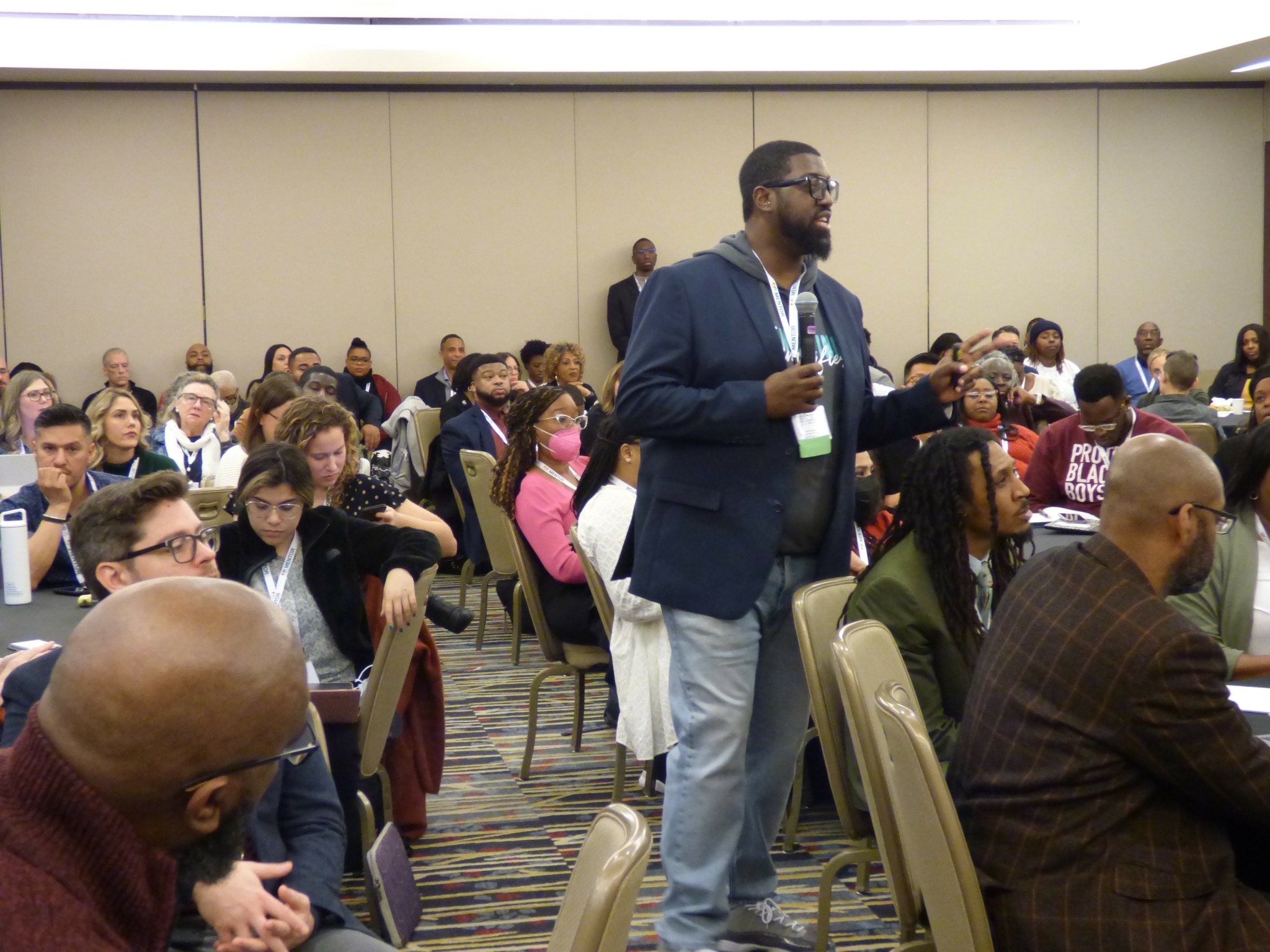
As always, we appreciate you sharing your insights and we’ve got a few more questions for you, but before we get to all of that can you take a minute to introduce yourself and give our readers some of your back background and context?
I stumbled into this field because I’ve always been interested in the intersection of community and impact. Early in my career, I realized that so much good work is happening all around us, led by everyday people and grassroots organizations, but it often goes unseen, underfunded, or misunderstood. That recognition is what drew me into philanthropy, nonprofits, and capacity-building work. I wanted to bridge the gap between those doing the work on the ground and the systems of resources and decision-making that could support them.
Over the years, I’ve worn many hats: grantmaker, trainer, strategist, and writer. What ties it all together is a commitment to helping communities tell their stories with authenticity and power, and to helping institutions listen differently.
What I provide:
Workshops and Training – on grant writing, values-based storytelling, community engagement, and results-based accountability.
Technical Assistance – helping nonprofits strengthen logic models, clarify outcomes, and design programs that are both fundable and impactful.
Facilitation – guiding foundations, boards, and community groups through honest conversations that lead to stronger relationships and better decision-making.
Writing and Strategy – from proposals and op-eds to guidebooks and operating procedures, I help translate complex ideas into clear, compelling narratives.
The problems I solve:
Nonprofits and community leaders often have the passion and the vision, but not always the language or tools to connect with funders or systems of power. On the other side, funders sometimes struggle to see beyond metrics and understand the lived realities of the people they want to support. I help bridge that divide ensuring that funders get the clarity they need while communities stay true to their values and voices.
What sets me apart:
I approach this work with both technical skill and a values-driven lens. I’m not just interested in compliance or checking boxes; I’m interested in shifting power. That means centering equity, trust, and authenticity in everything I do. I also bring a mix of rigor and creativity, I can design a logic model in the morning and draft a teach a workshop in the afternoon.
What I’m most proud of:
I’m proud of the moments when organizations feel seen and validated. For example, helping a grassroots group secure their very first grant, not because I “made them fundable,” but because I helped them articulate the strength of the work they were already doing. Those moments remind me that my role is to shine a light on what’s already there, not to reinvent it.
What I want people to know:
At the heart of my work is this belief: communities already have the solutions, they just need space, resources, and recognition. Whether I’m training, facilitating, or writing, that’s what I try to provide. My brand is about amplifying good work, building trust, and creating pathways for lasting impact.
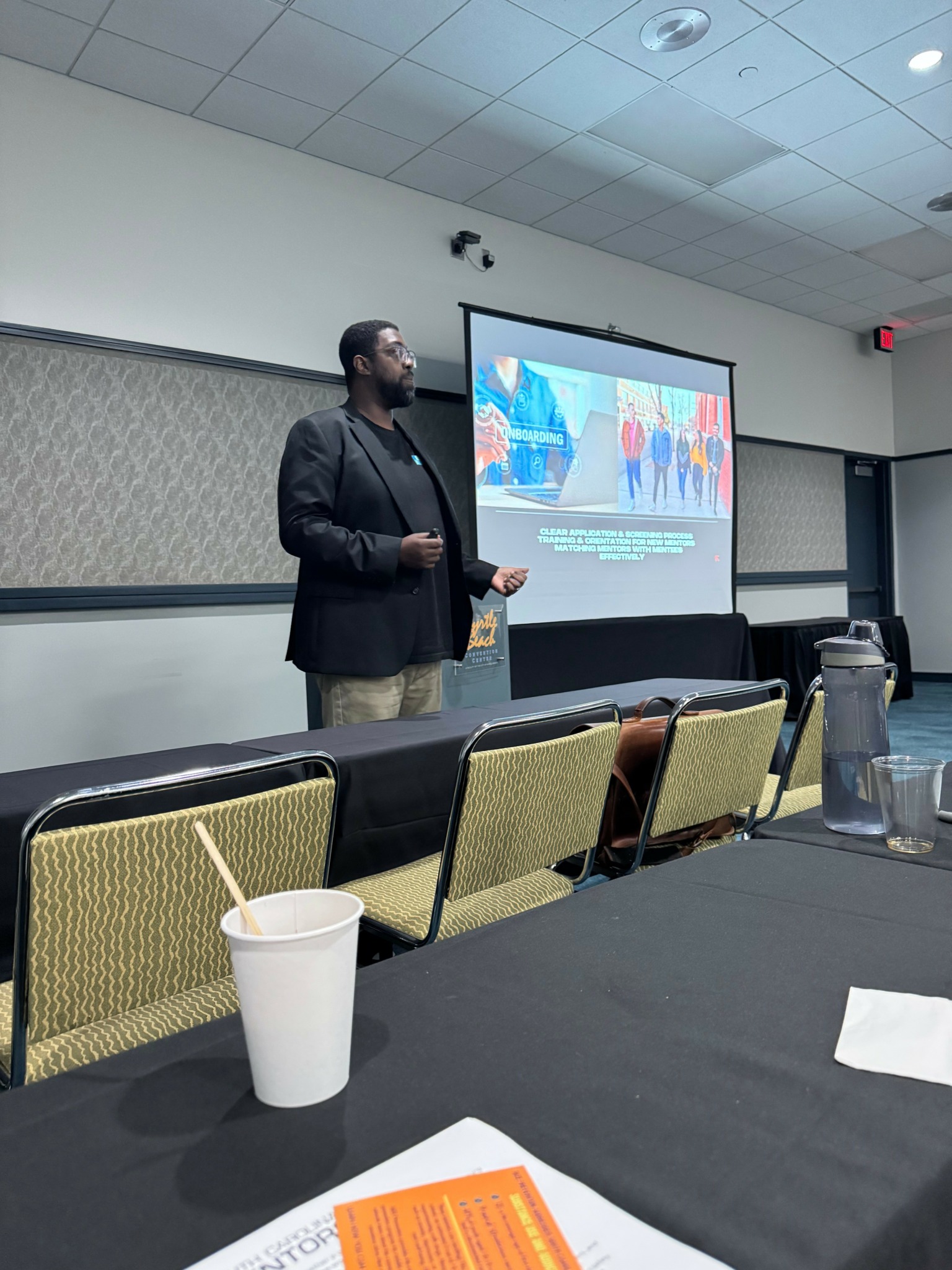
How’d you build such a strong reputation within your market?
I think a combination of consistency, credibility, and relationships has helped me build my reputation. Early on, I made a conscious decision to always deliver on my commitments—whether that was meeting a grant deadline, facilitating a workshop, or providing feedback on a program design. Over time, people recognized that if I said I’d do something, I’d do it well and on time. That reliability built trust, which is invaluable in this field.
Equally important has been centering quality and thoughtfulness in my work. I strive to provide solutions that are not just technically correct, but meaningful and aligned with the values and goals of the communities I support.
I’ve also invested in genuinely understanding the people I work with, whether other funders, nonprofits, or community leaders and creating spaces for honest dialogue and collaboration. People talk about you when they know you care, listen well, and consistently show up. Over time, that word-of-mouth has been a major driver of my reputation.
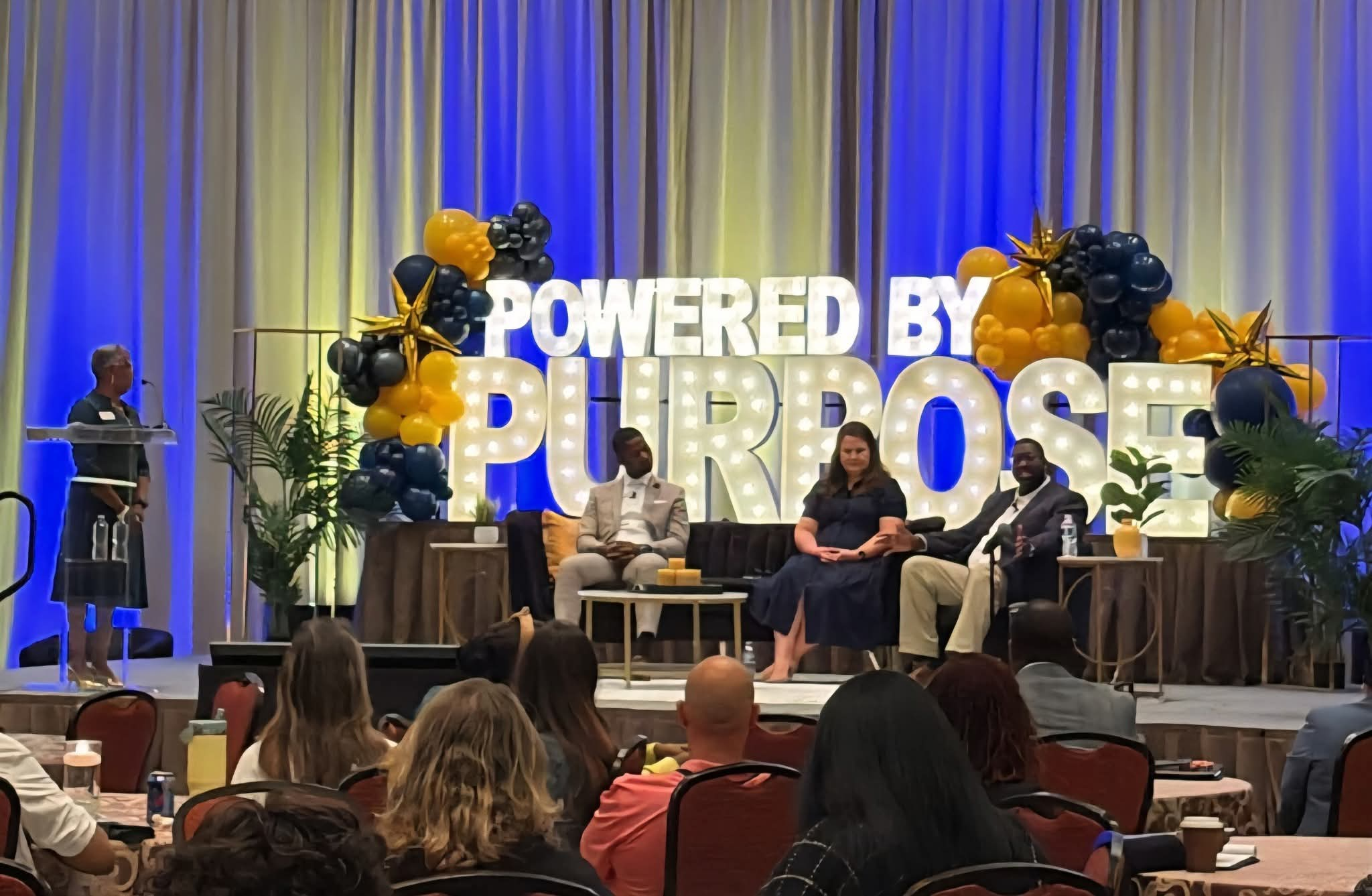
Are there any books, videos or other content that you feel have meaningfully impacted your thinking?
Giving Back: A Tribute to Generations of African American Philanthropists” by Valaida Fullwood
This book celebrates the rich history of African American philanthropy, highlighting the contributions of Black individuals and communities to social change. It offers insights into the cultural traditions and values that have shaped philanthropic practices within the Black community.
The Lean Startup by Eric Ries: Taught me the value of testing assumptions quickly, iterating based on feedback, and approaching new initiatives with a learning mindset rather than trying to get everything perfect upfront.
Good to Great by Jim Collins: Helped me understand the importance of disciplined people, disciplined thought, and disciplined action, and reinforced that leadership is about building systems
Contact Info:
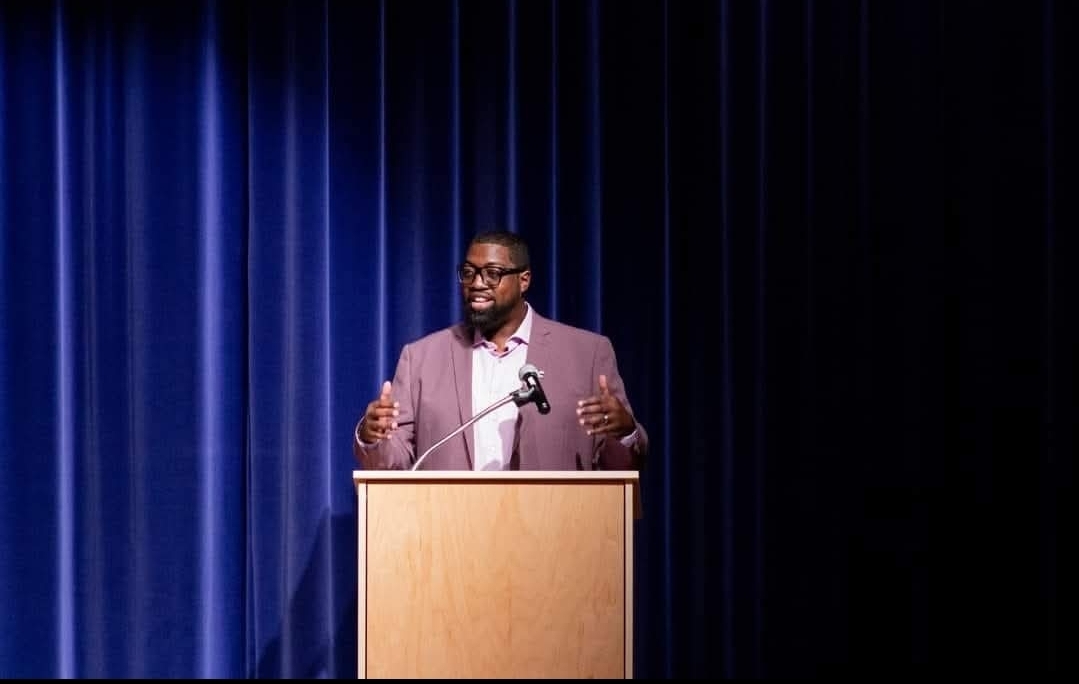
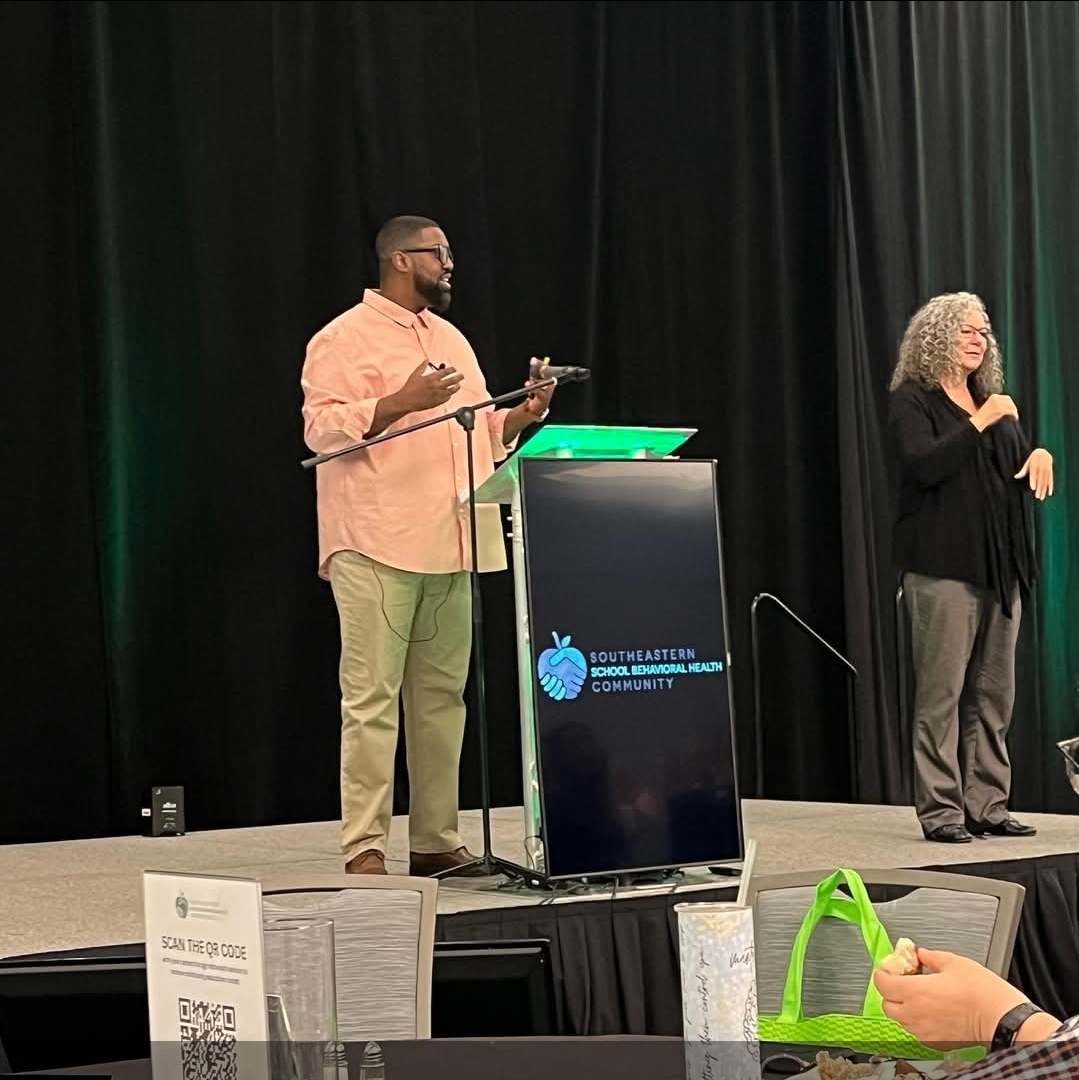
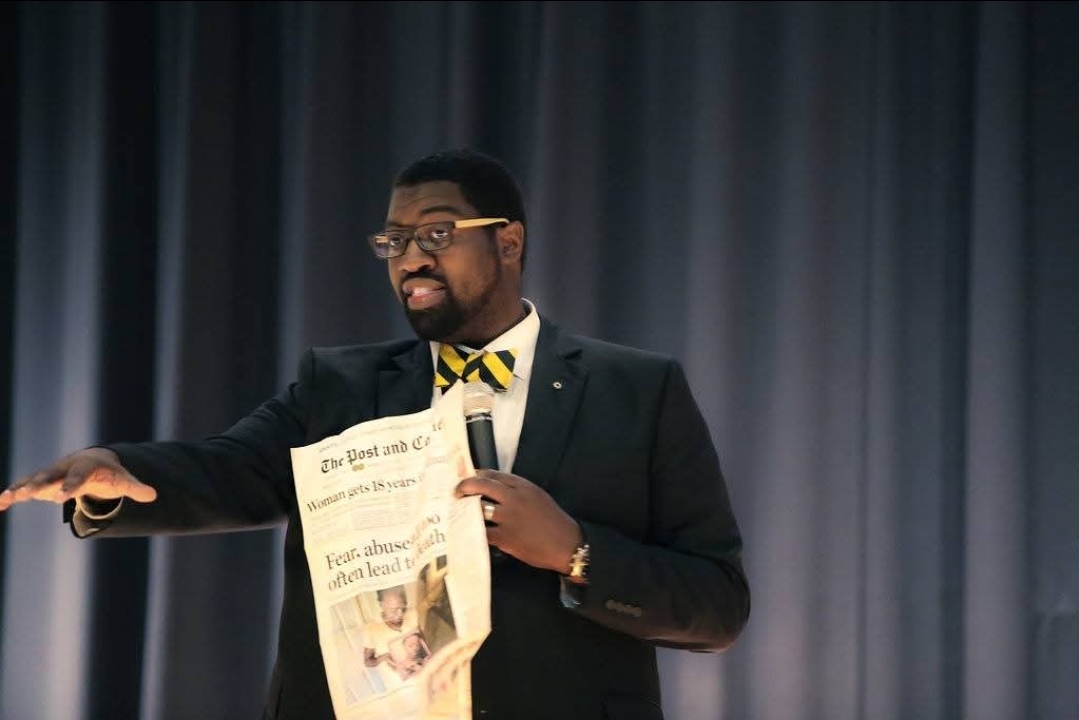
Image Credits
La Tasha Bellamy


